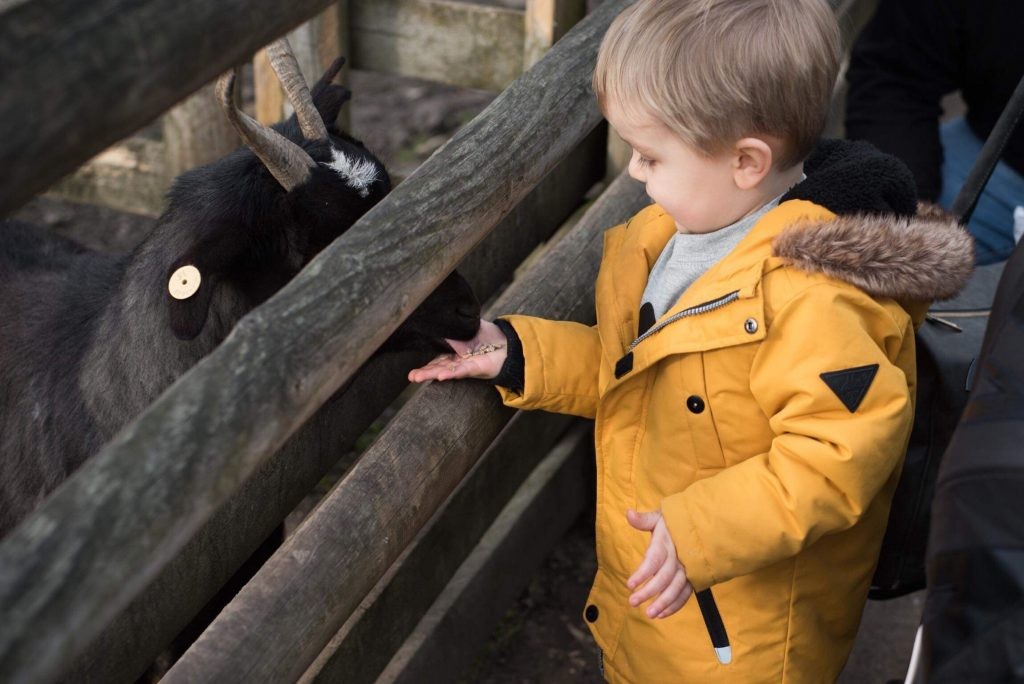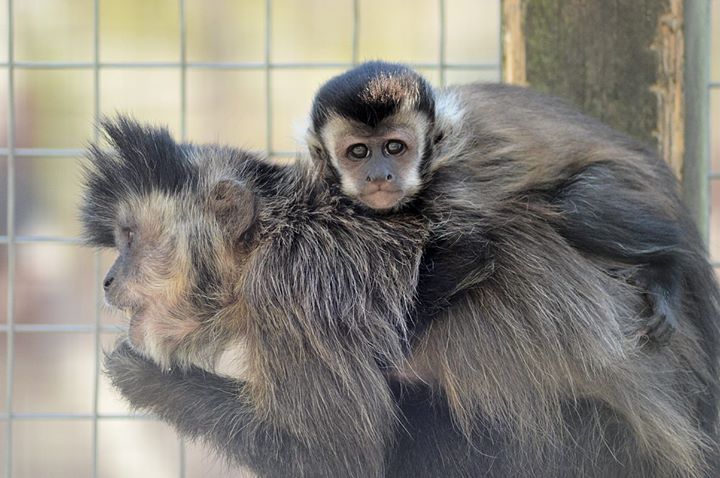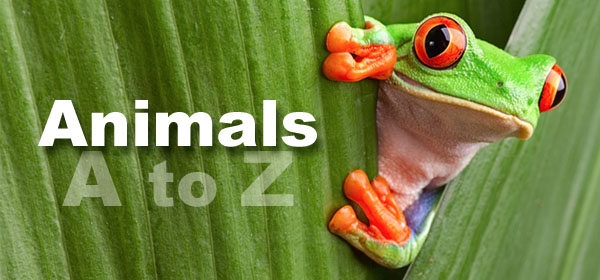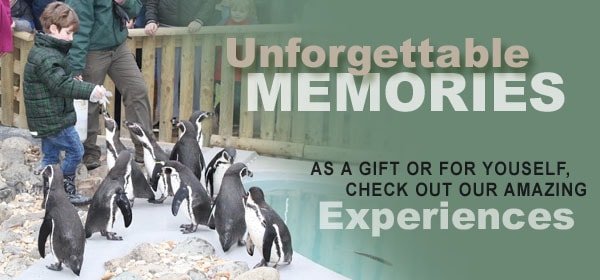When you visit our zoo or any other place that houses animals it’s important not feed them your own food. Many zoos will have specialised food that you can purchase to give to certain animals whilst there. This food is regulated and is appropriate for those animals which you are allowed to give it to. At Wingham we have animal food available to purchase for our meerkats, goats, chickens and fish.
There are a few reasons why you shouldn’t feed the animals things they aren’t meant to have.
Diet Control
Firstly our animals are on strict controlled diets that are appropriate for that species. Animals have evolved digestive systems that have taken thousands of years to cope with their natural wild diets. Our Red Panda for example has developed a digestive system to cope with eating tough bamboo that many other species would find hard to digest and sustain themselves on. Even though her diet does contain a small amount of fruit, if she were to eat too much this could result in making her very unwell as she would consume too much sugar.
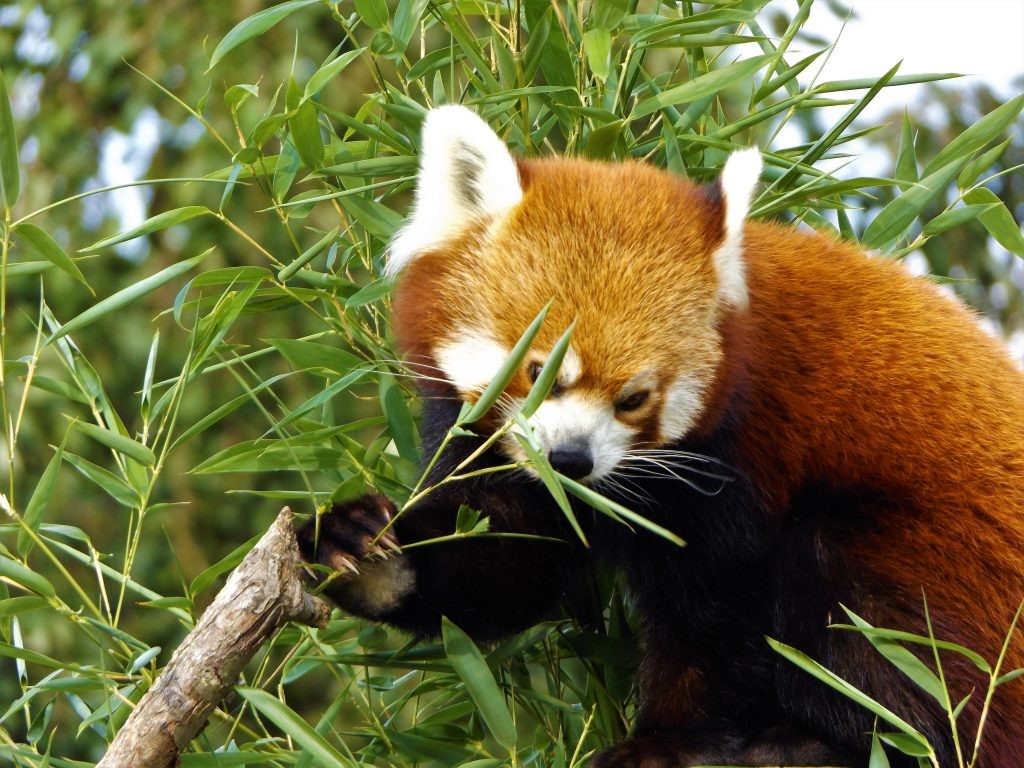
The consequences of them eating the wrong foods will result in the animals, keepers and veterinary staff having to deal with a wide range of issues. Animals can suffer from diahorrea, vomiting, generally feeling unwell and in the worst case scenario even death when fed inappropriate food. I’m sure we’ve all had a stomach bug at some point and we know how horrible it is, you wouldn’t want an animal to suffer the same, because you gave it something it shouldn’t have had.
It may sound a little extreme when I mention the word death because of something an animal ate but the sad reality is that this can happen.
Did you know that ruminate species such as goats and sheep can suffer from a condition called bloat? This is where their rumen pH becomes unbalanced and their food starts to ferment in their stomach. Food then starts to foam in their gut and blocks the gases produced from escaping. This can be caused by the animals eating too much food and also the wrong type of foods. It can result in severe diahorrea and even death within a few hours with the worst cases. The food which we sell for our goats to eat is regulated so that they don’t have too much.
Giving an animal food which you thought would be fine like a stick or leaves can also be dangerous. Plants have a natural compound called tannins which help to protect the plant from predation. In large quantities these can produce tannic acid which can cause stomach irritation, nausea, vomiting and liver damage. When keepers give animals vegetation to eat we work from an approved browse list so that we are giving them safe plants to eat. Some of the plants and trees in the park are toxic when consumed and therefore could make an animal very ill if they were to eat them.
Diet controlled Diabetes
When keepers are walking around the park doing their jobs we are always watching to make sure that our visitors aren’t giving the animals food they shouldn’t have. Sometimes, when I’ve seen someone feeding the capuchin monkeys I’ve been told “it’s only 1 grape” or “I thought they eat bananas” (also check out my blog ‘Going Fruit Free for Primates‘). Our capuchins are on a very strict diet, because our female Yukatan is diabetic. Giving them food they shouldn’t have can make her extremely unwell and it is something that keepers keep a close eye on as her diabetes is controlled through what she eats.
Littering
Litter is also another thing that keepers have to watch out for. Please make sure when you visit that you use the rubbish bins provided around the park. Plastic bags, wrappers and crisp packets can easily end up in an animal’s enclosure. Just like small children, animals test a lot of things by putting them in their mouth and consuming them. This can result in animals choking and getting blockages in their stomach. I’m sure we’ve all seen the effect plastic has on our marine life and its one of the reasons that we are working to reduce our plastic consumption at the park.
We are very pleased to be able to offer many picnic areas throughout the park for visitors to enjoy their packed lunches. Please remember that the food you bring or buy for yourselves is for you to eat not our animals, please put your litter in the bins provided and if you see a member of the public feeding an animal something they shouldn’t have, report it to a member of staff.
We know how cute our animals are and why feeding them can be tempting but their diets are controlled by us for important reasons as you have read. If you are looking to help feed them their approved food and snacks our animal experiences are one of the best ways to do so. From feeding chicken wings to our tigers to giving fish to our penguins there are lots of experiences to choose from which involve feeding our animals foods that they love and that are good for them too!
Thank you and I hope you enjoy your next visit to us.
